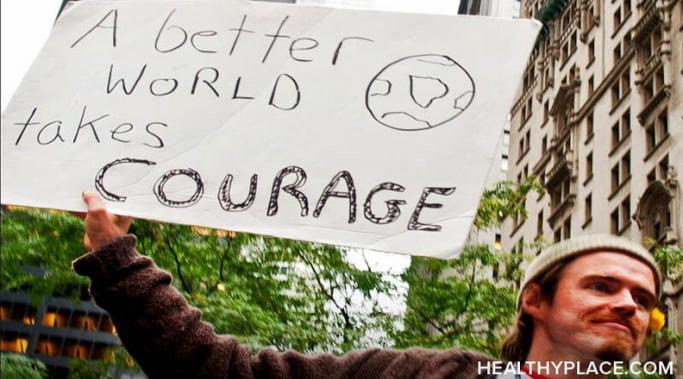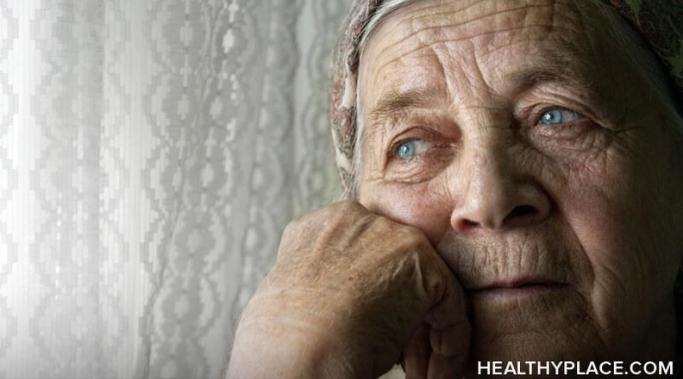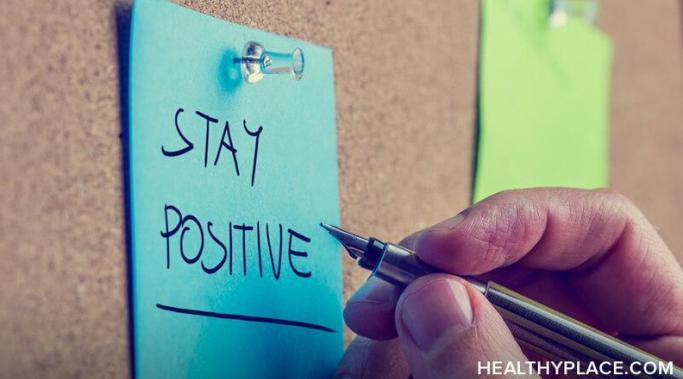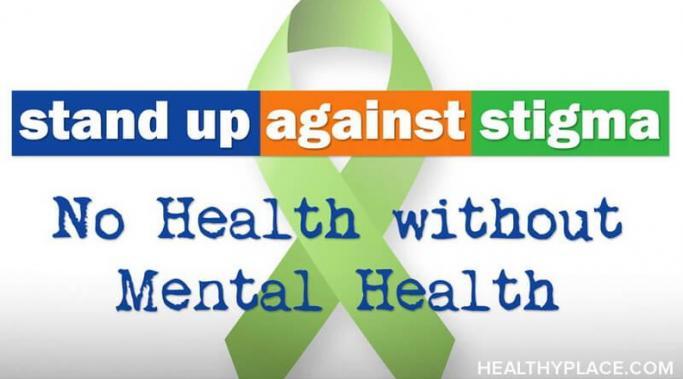I hesitated to use the word war in the title. I considered using the word struggle. But war is defined by combat: You are at war with your mental illness. Sometimes, every day. Struggle means many things, but war feels appropriate. You can win a war, perhaps struggle along the way, but land on your feet nonetheless.
Recovering from Mental Illness
Yes, we have all been told that self-care is instrumental when recovering from a mental illness. We have probably been told that we need to eat a balanced diet, sleep eight hours a night, drink enough water, exercise on a regular basis, form positive relationships, frequent our psychiatrist, reach out to others in the community, take our medications, practice yoga...The list goes on. Extensively. It is worthy of a 1,000 page book.
Conventional Self-Care
I like to think of conventional self-care as prescribed self-care. It is as important as the prescriptions you take to find or maintain wellness. As stated above, the list of self-care recommendations are numerous. Let's focus on a few.
Try these words on: Mental illness, mentally ill, relapse, psychiatry, psychiatrist, psychotropic medication, anti-psychotics, mania, depression, social isolation, side-effects, sickness, disease. How do these words feel applied to you as a person with a mental illness?
I can tell you how they make me feel: Awful, stigmatized, labeled. They make you feel alien. They make you feel alone. Unique in your illness. You might feel like you are the the brisk notes your psychiatrist jots down as you talk to her. You might wonder if those words, scribbled with medical jargon, define you as a person
Mental illness is an isolating and lonely disease. This is not to say that everyone diagnosed with a mental illness feels alone in their struggle, but many of us do, most of us do at some point in our recovery. Because I was diagnosed with bipolar disorder at the age of twelve, I have often felt lonely and as if very few people could really understand me. And now, twelve years later, I still struggle with a feeling that I am alone in my illness, that despite a concerted effort on the behalf of those who love me, they cannot really understand the struggle. These thoughts, these feelings, are normal in connection to mental illness, because by nature, mental illness is a lonely and isolating disease.
Being a mental health patient requires patience. Eternal, frustrating patience. When you have a mental illness a few weeks feels like a few years. A decade. A mental health patient's degree of patience is the difference between suffering and relief. Living in patience peacefully is the key to mental health recovery.
I touched on the idea that labels are intrinsically different than stigma in Removing The Labels of Mental Illness. I believe that. Mental illness is, at its core, attached to stigma. Although mental health stigma is weaker than it once was, stigma is damaging nonetheless. But first, let's examine the connection between stigmatizing mental illness and labeling it.
I touched on reconciling with relapse in my post, Flashbacks and The Fear of Relapse, but there is a lot more to mental health recovery than a single post can cover. An entire book spanning thousands of pages cannot describe the fear associated with relapse. Reconciling with the possibility of mental illness relapse is a difficult task.
Recovering from a serious mental illness can seem impossible, insurmountable at times, and frightening as well. Because I was diagnosed with bipolar disorder at the age of twelve, drugs and alcohol became a way in which I worked to forget about the diagnosis and self-medicate it.
In the past, I wondered if a new partner would love me after knowing I had a mental illness. Of course, it is not a topic you disclose when you first meet someone: having dinner together, or watching a movie. It is probably not something you talk about three weeks later, but living with a mental illness is something that needs to be discussed.
When I was first diagnosed with Bipolar Disorder, despite my young age, I was told that I would need to take medication. Probably for the rest of my life. I wondered, as many people do, if medication would change me. Sure, I was told it would make me well and make my life easier, but I was not sure what that really meant. Would I still be me?









